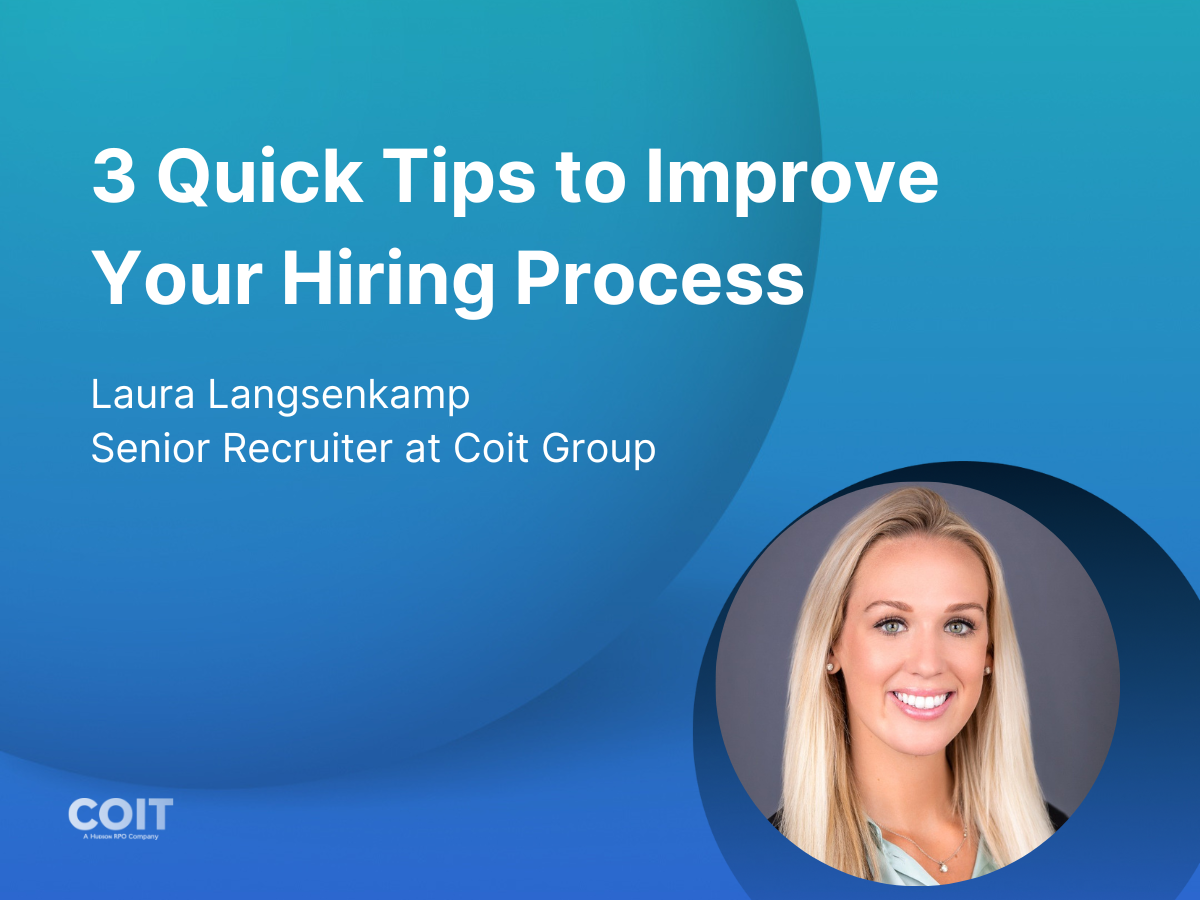Empathy is a critical skill for all employees, but it is especially important in customer or client-facing roles. Hiring managers may ask questions to assess a candidate’s ability to empathize with interviewees and colleagues to determine how they might interact with clients. In a recent LinkedIn survey of talent acquisition professionals, 59% responded “yes” when asked if they interview for empathy.
Read on to discover why empathy interviewing is important, the benefits of empathy in the workplace as well as 12 sample interview questions that help uncover a candidate’s empathic nature.
Why is Empathy Important in The Workplace?
Empathy is the ability to emotionally understand what other people feel, see things from their point of view, and imagine yourself in their place. Having a sense of empathy can help strengthen relationships and connections with colleagues.
Each person has their own values, cultural understandings, backgrounds, and perspectives that make them unique. It is important to understand others’ viewpoints when working on collaborative and customer-facing teams.
Other Benefits to Being Empathetic at Work:
Improves Communication
When you practice empathy, you are better able to modify your communication style to the team or colleagues you are interacting with. For example, you may adjust your tone of voice or body language to best fit the type of conversations or interactions such as giving a presentation or speaking with a manager.
Reinforces Working Relationships
You can become a better team member by using empathy. To build rapport and trust, try to understand your coworkers’ backgrounds and perspectives by asking questions and listening attentively when they share their ideas.
Enhances Creative Thinking
Creative thinking and solutioning comes more naturally when you use empathy in the workplace. For instance, using empathy can help you and your team members put yourselves in the shoes of your customers and think of strategies that would most appeal to you in that situation.
Understanding a product or service from the recipient’s point of view can help you identify challenges or opportunities you hadn’t thought of before and be more willing to experiment with new solutions.
Increases Sales and Investment Opportunities
Empathy can help you better understand the motivation of your current and future stakeholders, such as clients. You can practice empathy by researching your potential investors and clients or updating old contracts with current clients. Research to discover what is important to them so you can appeal to their needs in your pitch. Identify potential challenges their company may face that your company can provide solutions to.
Heightens Customer Service
Having empathy can improve your customer service skills. You can anticipate a customer’s wants and needs when you let them tell you all the details before responding. Clients or coworkers that feel valued are more likely to be open to your suggestions.
Impacts Job Interviews
When you have an interview, the prospective employer is looking for the right candidate to fit their specific hiring needs. While you can ask interview questions and read the job description to understand what the role entails, you can also listen to them when they discuss why they need to fill the position and what expectations they have for the candidate they select.
12 Interview Questions Regarding Empathy
- Who inspires you most?
- What is the most important thing about using empathy in the workplace?
- How would you describe your relationships with previous colleagues?
- How would you describe the relationship between empathy and collaboration?
- What’s your first reaction when someone asks you for help?
- Describe your reaction to constructive criticism.
- What do you think your last supervisor thinks of you?
- Describe a time when you had to deliver challenging news to someone.
- Tell me about the last time you became upset at work. How did you react?
- What’s your process for resolving disagreements at work?
- Tell me about a time you had a positive impact on someone.
- What is your proudest professional moment?
How Coit Group Can Help
If you’re not sure where to start when it comes to developing an interviewing strategy or overall talent strategy, Coit Group is here to help support your growth needs no matter how complex. Coit is equipped with 20+ years of knowledge in the recruitment process outsourcing space and helping technology companies in the San Francisco Bay area scale with quality talent while reducing the cost per hire. Start a conversation today.
Newsletter
Blog Categories
Recent Posts

[Tech x Talent Dashboard] It’s time to change DEI metrics and tactics

3 Quick Tips to Improve Your Hiring Process

Beyond the Checkbox: DEI in 2024 and Beyond

The Unexpected Secret to Effective Rapid Response Hiring




